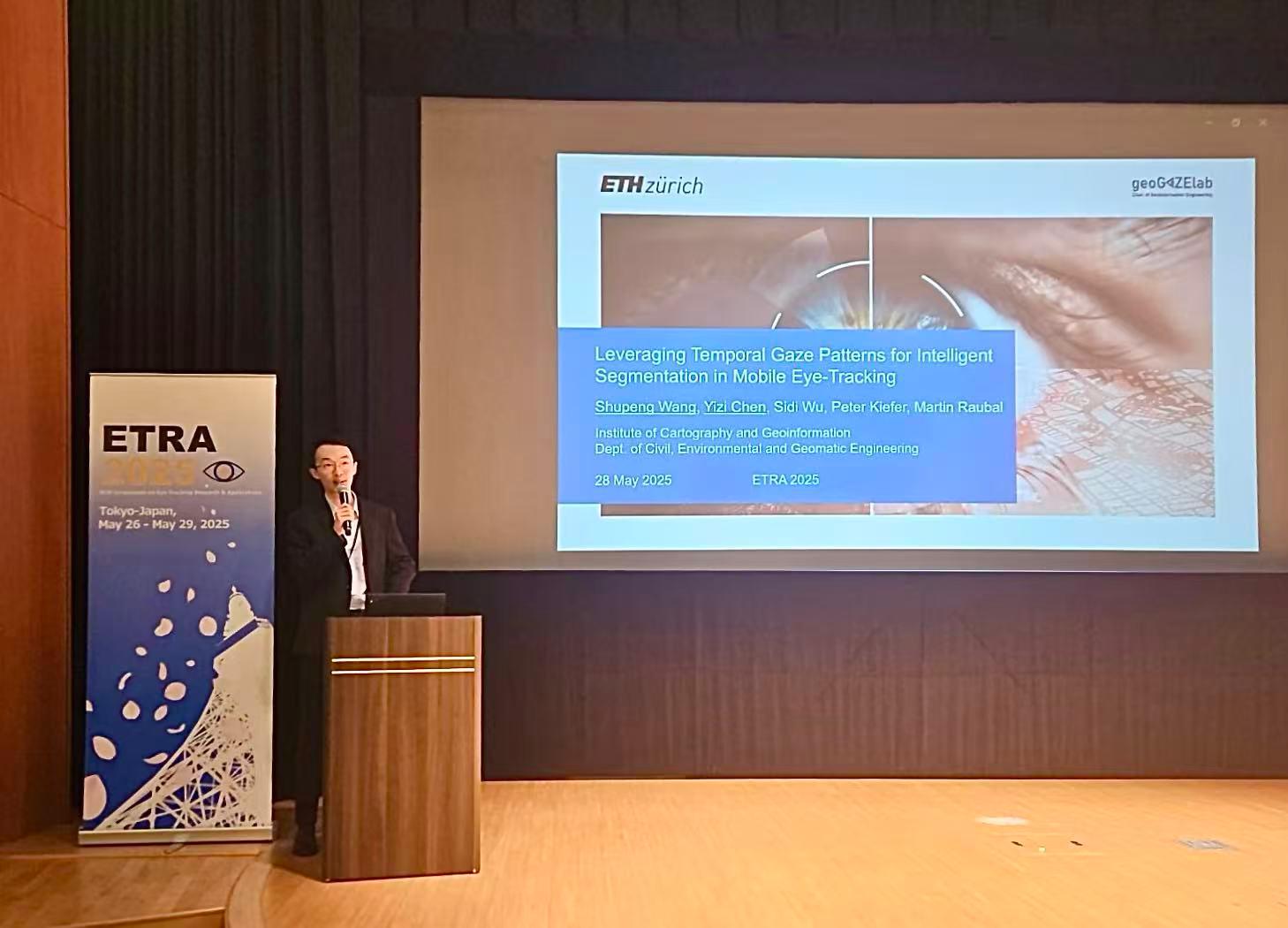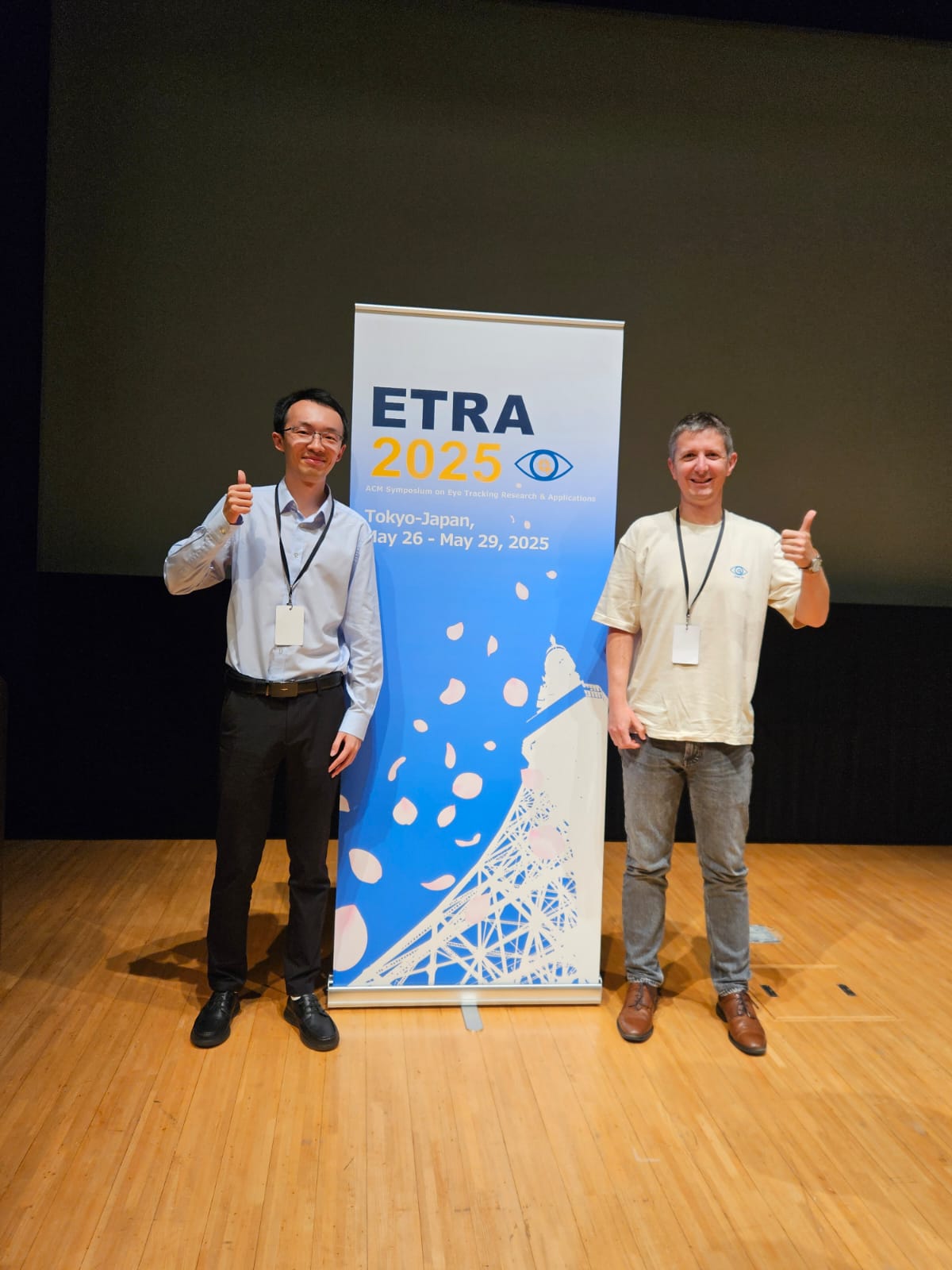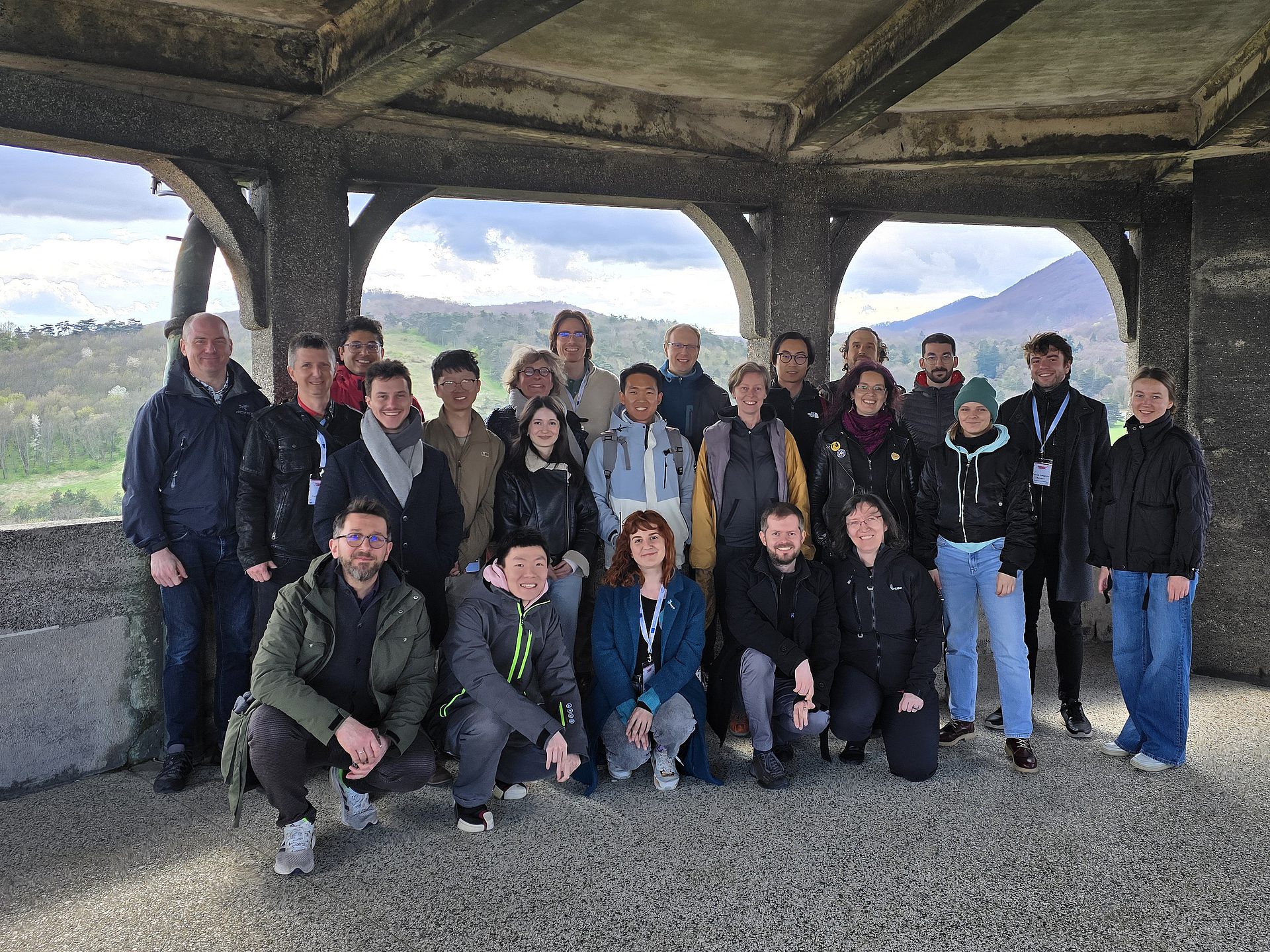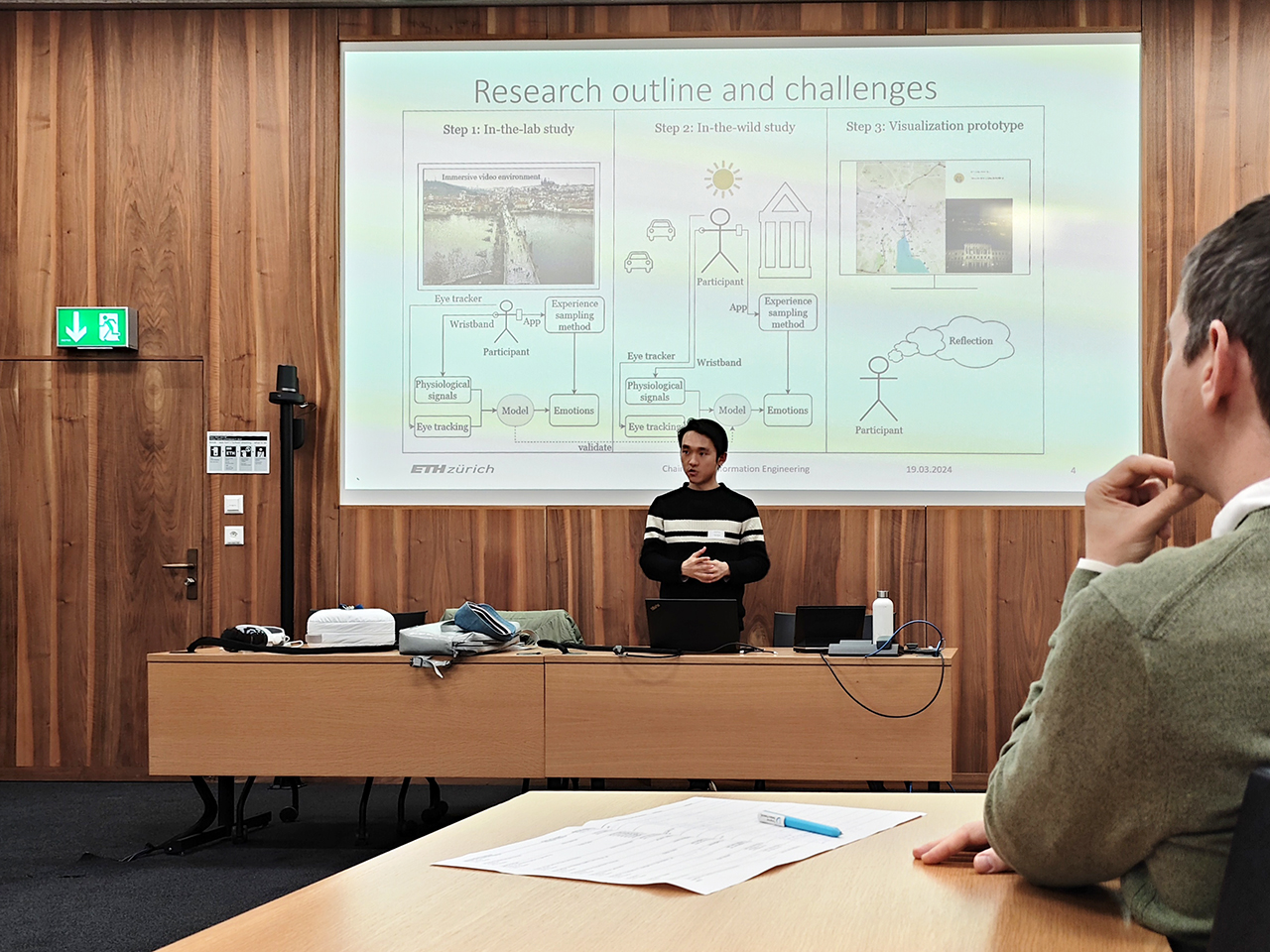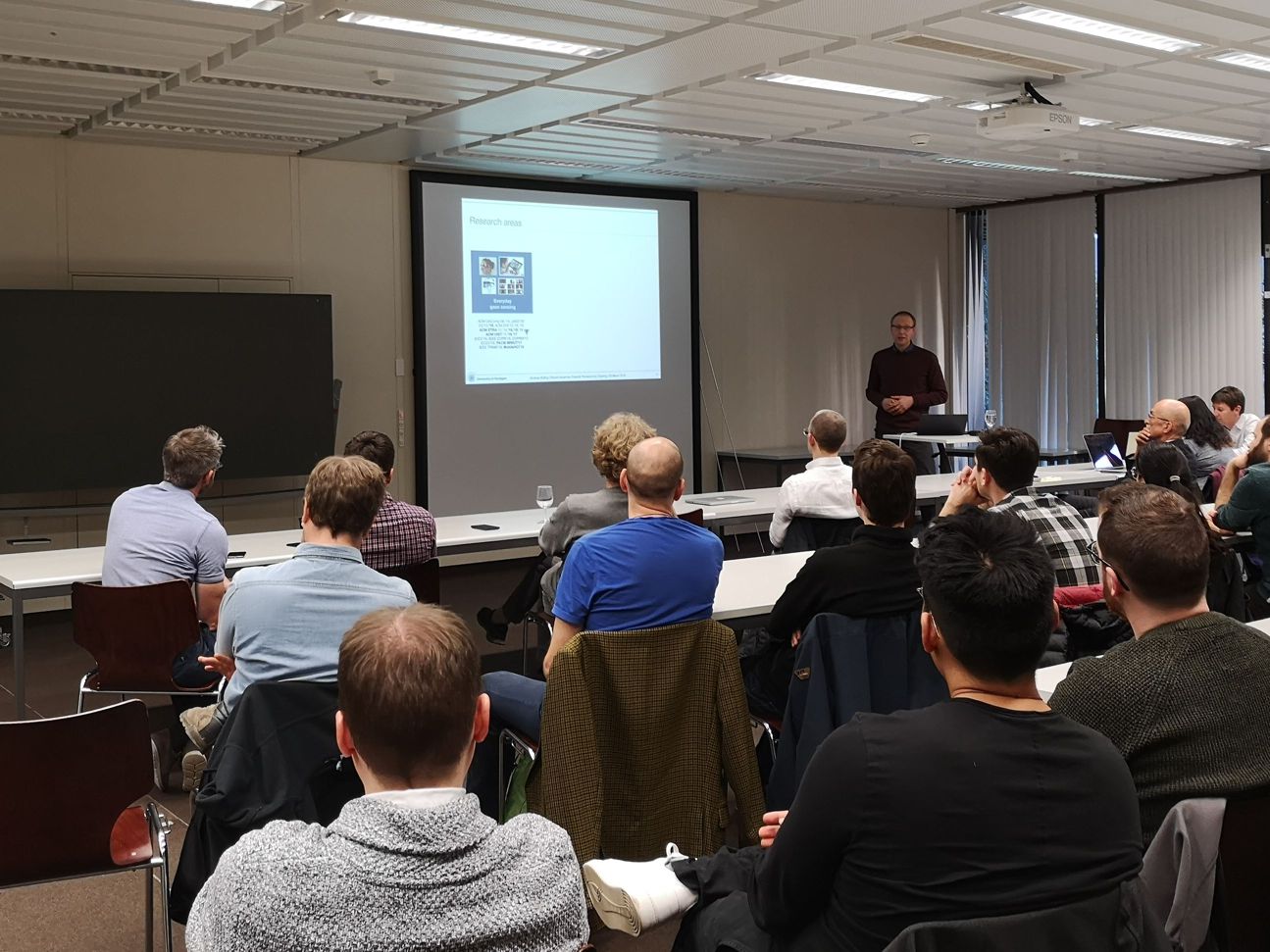Design++ XR in AEC Summer School 2025
As a member of geoGAZElab, Tianyi Xiao participated in organizing the Design++ XR in AEC Summer School 2025 and served as a workshop mentor.

Titled “Enhancing Spatial Communication through 3D Sketch Mapping in Extended Reality,” the workshop content is based on our project funded by the Swiss National Science Foundation: 3D Sketch Maps. The workshop aims to impart foundational theoretical knowledge on spatial cognition to students, introduce research findings on 3D Sketch Mapping, teach basic empirical research methods, and conduct user studies using the 3D Sketch Mapping tool developed within the project.
The timetable for the workshop is as follows:



